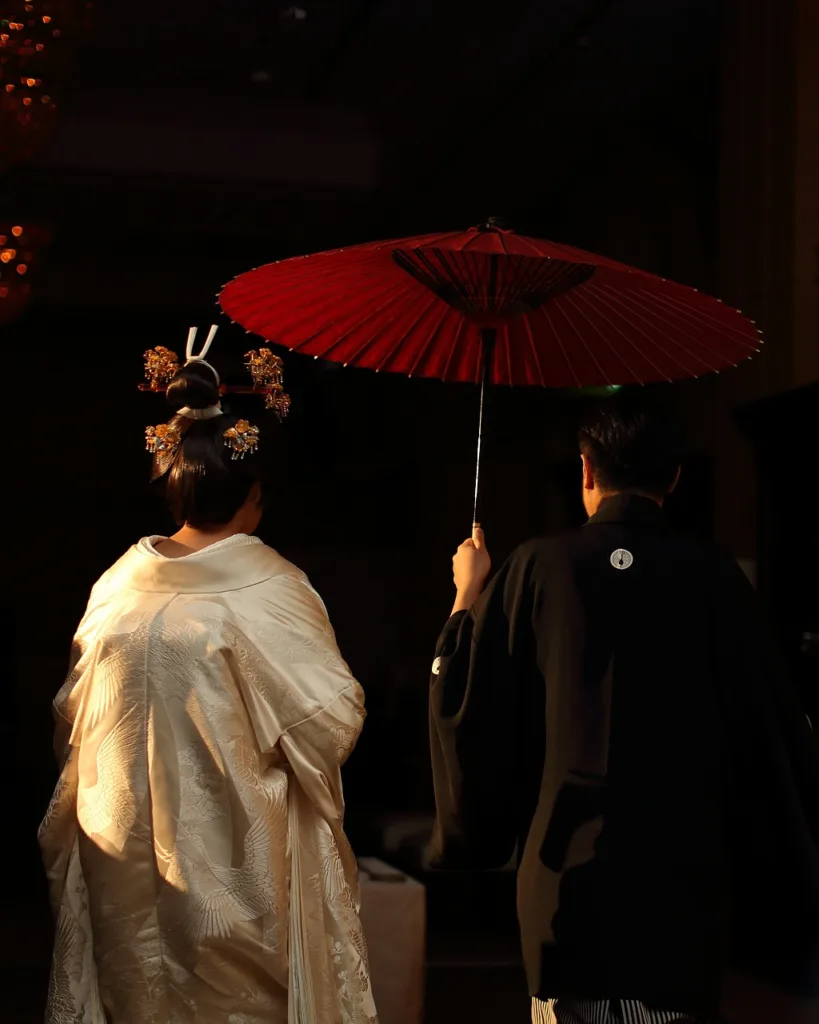Hey there, lovebirds! Are you ready to add a touch of romance to your language repertoire? If you’re eager to express those three magical words, “I Love You,” in Japanese, you’ve come to the right place! The Japanese language offers a variety of charming ways to convey your deepest affections. So, let’s embark on this language journey together and explore the delightful ways to say “I Love You” in Japanese. Get ready to sprinkle some linguistic magic and let your heart do the talking!
1. Aishiteru: The Classic and Passionate Expression
When it comes to expressing profound love in Japanese, the classic and most passionate phrase is “Aishiteru.” This powerful declaration of love is like a fireworks display lighting up the night sky. It’s a grand expression that encompasses deep affection, devotion, and an unbreakable bond.
“Aishiteru” is a phrase that carries tremendous emotional weight and is often reserved for those special moments when you want to express your love with all your heart and soul. Whether you’re professing your love to your partner, a family member, or a dear friend, “Aishiteru” will leave no doubt about the intensity of your feelings.
2. Suki Desu: The Gentle and Endearing Phrase
If you’re looking for a softer and more casual way to express your love, “Suki desu” is the perfect phrase for you. It’s like a warm and cozy hug that brings a smile to your face. “Suki desu” translates to “I like you” or “I have feelings for you,” and it’s often used to express affection and romantic interest.
Although “Suki desu” may not have the same level of intensity as “Aishiteru,” it carries a sweet and genuine sentiment. It’s a phrase that can be used in various relationships, from expressing your love to a romantic partner to conveying your fondness for a close friend or family member.
3. Kimi o Aishiteru: The Poetic Expression of Love
If you’re a fan of poetic and heartfelt expressions, “Kimi o Aishiteru” is a phrase that will make your heart flutter. This elegant phrase translates to “I love you” and is often used in romantic contexts, evoking a sense of deep emotional connection and adoration.
“Kimi o Aishiteru” combines the word “kimi,” meaning “you,” with “aishiteru,” the verb form of “love.” It’s a beautiful and sincere way to express your feelings to someone special. So, the next time you want to sweep your partner off their feet or serenade them with your love, “Kimi o Aishiteru” is the perfect phrase to use.
4. Daisuki: The Playful and Cute Declaration
If you’re in the mood for a playful and cute declaration of love, “Daisuki” is the phrase for you! Picture adorable puppies and heart-shaped balloons—this expression captures that innocent and childlike affection. “Daisuki” translates to “I really like you” or “I love you” and is often used in a lighthearted and affectionate manner.
“Daisuki” can be used to express love in various relationships, from expressing your feelings to a romantic partner to conveying fondness for a close friend or family member. It’s a phrase that brings a smile to both the speaker and the listener, radiating warmth and joy.

Nonverbal Communication: The Language of Love
In Japanese culture, nonverbal communication plays a significant role in expressing love and affection. Incorporating these gestures will add an extra layer of meaning and charm to your heartfelt expressions of love.
One of the most iconic nonverbal gestures associated with love in Japan is the act of exchanging gifts. Gift-giving is seen as a thoughtful way to express affection and appreciation for someone special in your life. So, consider surprising your loved one with a small, meaningful gift to accompany your verbal expression of love. It could be a bouquet of flowers, a box of their favorite chocolates, or a handwritten letter filled with heartfelt words.
Another beautiful nonverbal gesture is physical affection. Holding hands, hugging, and gentle touches can convey love and tenderness in a way that words sometimes can’t. In Japanese culture, public displays of affection are generally more modest and reserved compared to some other cultures. So, keep in mind the cultural context and the comfort level of the person you’re expressing your love to.
Cultural Considerations: Love and Relationships in Japan
Understanding the cultural nuances surrounding love and relationships in Japan will deepen your understanding and appreciation of the phrases and expressions you use to say “I Love You.”
In Japan, the expression of love is often associated with a sense of modesty and discretion. While it’s common for couples to exchange “I Love You” and engage in displays of affection in private settings, public declarations of love are generally more reserved. It’s important to be mindful of these cultural norms and the comfort level of your partner or the person you’re expressing your love to.
Additionally, Japanese society places a strong emphasis on harmony and respect within relationships. Communication and mutual understanding are highly valued, and expressing love goes hand in hand with demonstrating care, support, and consideration for the other person’s well-being.
Conclusion: Love Speaks Many Languages, Including Japanese!
Congratulations, lovebirds! You’ve now discovered the enchanting ways to say “I Love You” in Japanese. From the passionate “Aishiteru” to the gentle “Suki desu,” and the poetic “Kimi o Aishiteru” to the cute “Daisuki,” you have a treasure trove of phrases to convey your deepest affections.
Remember, expressing love is not just about the words you say; it’s about the sincerity and thoughtfulness behind them. Incorporating nonverbal gestures, such as gift-giving and physical affection, adds an extra touch of romance to your expressions of love.
As you navigate the realm of love and relationships in Japanese culture, be mindful of the cultural nuances and respect the comfort levels of those you love. Let your heart guide you as you embrace the beautiful language of love in Japanese.
So, go ahead and let your love shine through! Say “I Love You” in Japanese with passion, sweetness, and a touch of whimsy. May your love journey be filled with joy, laughter, and endless moments of heartfelt connection.

